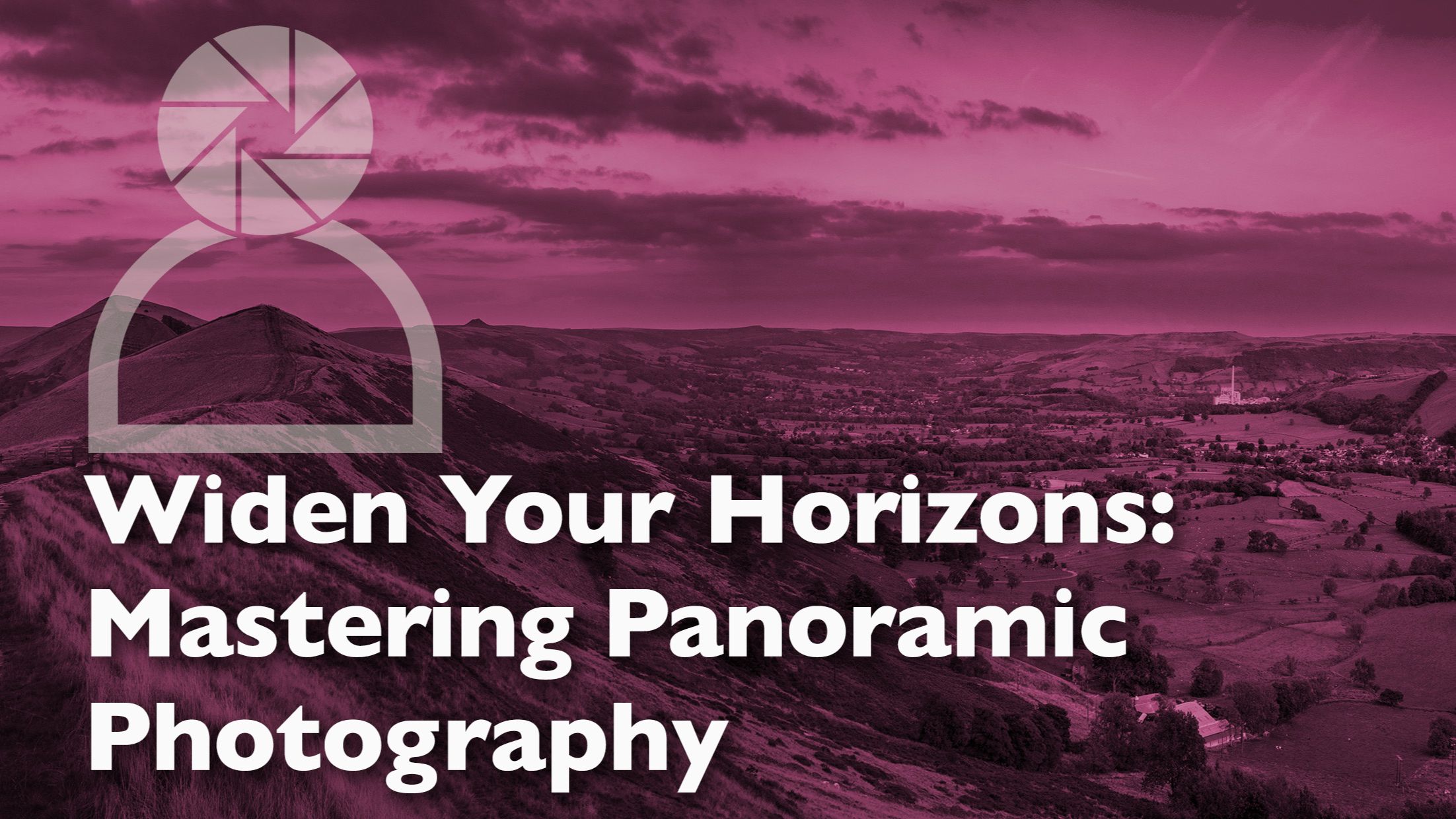Shutter Stories: Tips & Tutorials
The MYP blog
Capturing the expansive beauty of a landscape or cityscape can be challenging with a single shot, especially if you want to convey the vastness of the scene. This is where panoramic photography comes in. By stitching together multiple images, you can create stunning wide-angle shots that showcase th...
One of the most effective techniques to add depth and interest to your photographs is the use of frames within frames. This composition method involves framing your main subject with natural or man-made elements, guiding the viewer’s eye directly to the focal point and adding depth to your images.
...Weather conditions are often seen as obstacles in photography, but they can actually be used to create stunning, atmospheric images. Rain, storms, and snow each bring their own unique challenges and opportunities, and shouldn’t be a barrier to creative photography.
Rain: Capturing the Mood
Phot...
Light is the fundamental element in photography (it’s very difficult to take photographs without it). Its characteristics shape the mood, texture, and overall impact of an image. While intensity is often our main concern, it’s just one of four basic characteristics of light. So let’s explore intens...
Reflections offer unique opportunities for creativity in photography, transforming ordinary scenes into extraordinary compositions. Whether you're capturing the mirrored surfaces of buildings, serene reflections in water, or abstract images caused by reflective surfaces, mastering reflections is a g...
Photography captures moments in time, but what if those moments are moving at high speed? High-speed photography allows you to freeze those rapid moments in crystal-clear detail, from a bird in flight to the splash of a raindrop. This guide will help you master the art of capturing sharp, clear phot...
One of the crucial, but often overlooked skills in both landscape and architectural photography is the ability to capture straight horizons. This might seem like a small detail, but it's a critical one that makes the difference between a good shot and a great one. Ensuring your horizons are level is...
Symmetry is a powerful compositional tool that can transform ordinary scenes into fascinating photographs, and it works across a wide range of subjects. Whether you're capturing the beauty of nature, the grandeur of architecture, or the simplicity of a still life, incorporating symmetry into your co...
Macro and close-up photography offer creative opportunities to capture the intricate details of small subjects and sections of larger ones up close. Whether you're fascinated by the delicate patterns of a butterfly's wings or the texture of weathered tree bark, mastering macro and close-up photograp...
Exposure, focus, and colour balance are all vital technical considerations when capturing a photograph, but composition is king. An image may be technically impeccable, yet remarkably dull without exceptional composition. One of the most effective ways to create compositions with impact is by fillin...
Photography, by its very nature, is the art of “painting with light”. But what happens when the sun sets, and there’s very little light to capture? With a little bit of planning, it’s the time of day that opens up lots of opportunities for fantastic images. Familiar scenes take on a new life as bui...
The key to correct exposure is learning how to use the meter in your camera, but there are so many modes that it can be difficult to work out which one to use. Depending on your camera you may see options for spot metering, centre weighted, evaluative, matrix, etc. This guide will help you determin...














